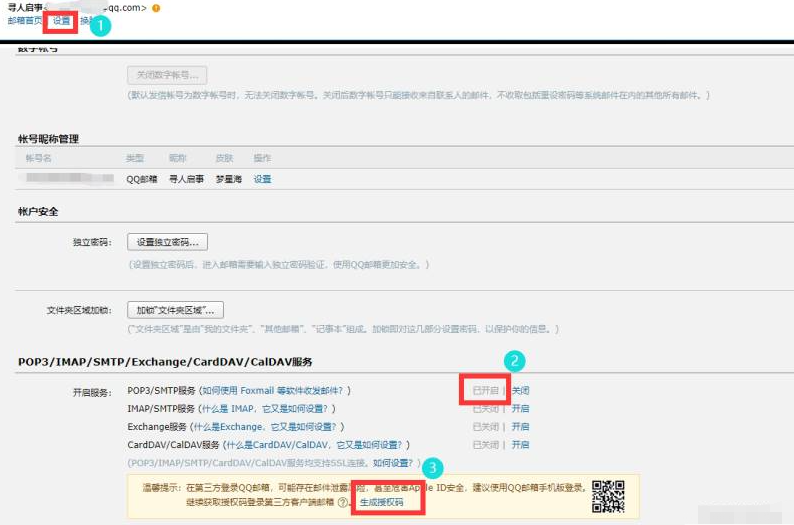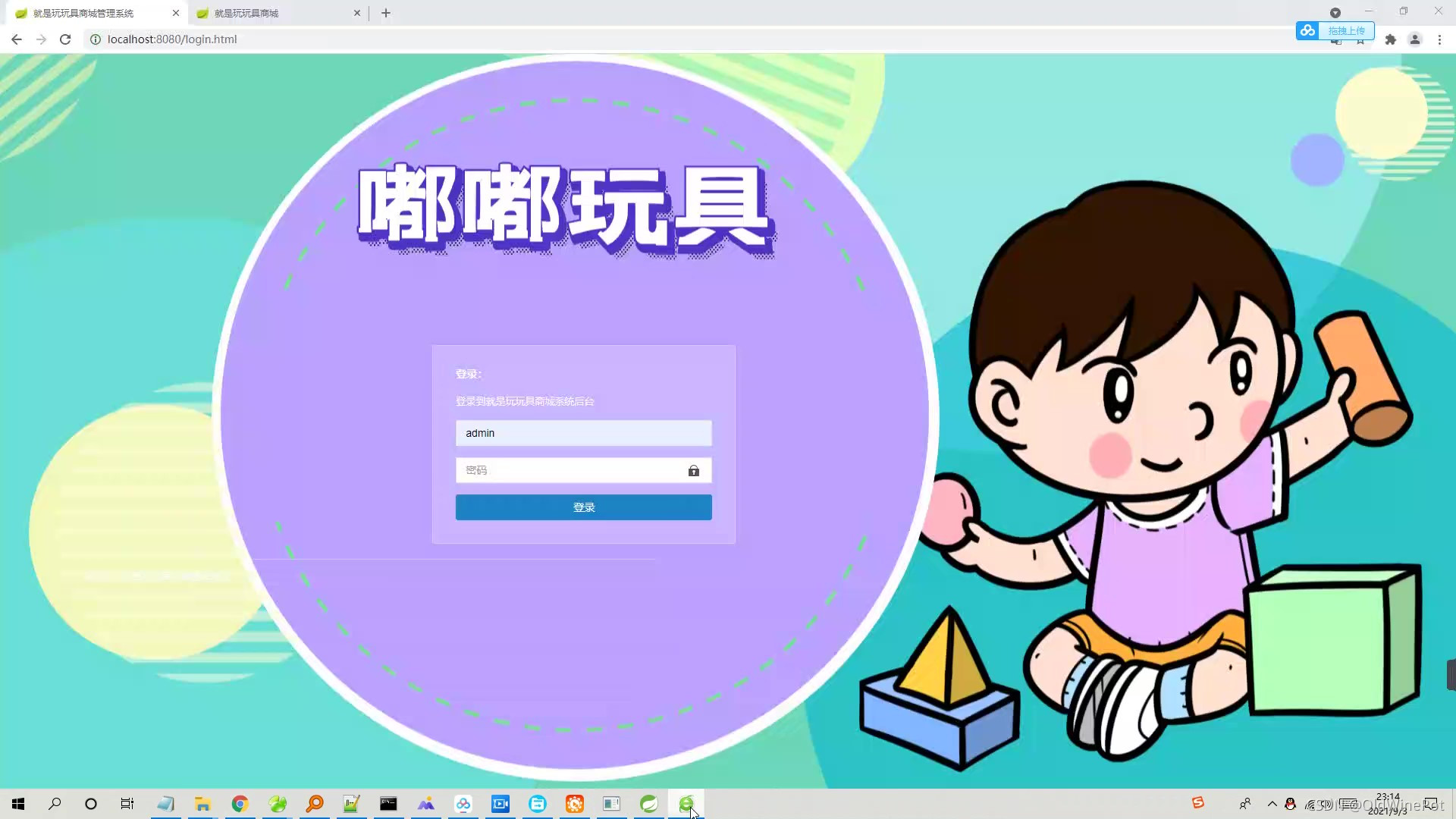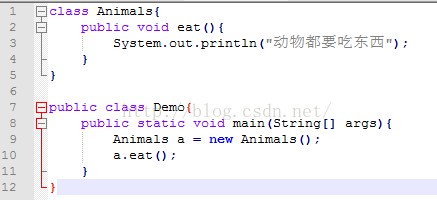介绍
怎么在Golang中{}将接口转换为数组?相信很多没有经验的人对此束手无策,为此本文总结了问题出现的原因和解决方法,通过这篇文章希望你能解决这个问题。
Golang适合做什么 Golang可以做服务器端开发,但Golang很适合做日志处理,数据打包,虚拟机处理,数据库代理等工作。在网络编程方面,它还广泛应用于网络应用,API应用等领域。
{}转接口为普通类型
Golang{}中界面可以代表任何类型,对于像int64, bool,字符串等这些简单类型,接口{}类型转为这些简单类型时,直接使用
p, ok :=, t。(保龄球)
p, ok :=, t。(int64) 如果好==true的话,就已经类型转换成功。
假设有这样一个场景,我们有一个函数有返回值,但是返回值的类型不定,所以我们的返回值类型只能以接口来代替了。
返回接口类型之后,我们就要对其类型进行判断然后进行类型转换。如果返回的是数组的话,我们就不能像上面那样直接进行转换了。
那有什么办法呢?
可以考虑使用reflect.Typeof (mm) .Kind ()。
func 生成(),(接口{},bool), {//s :=,[]字符串{“123”,,,“345”,,“abc"}//s :=123
s :=,“mmm"
return 年代,真实
}
func 测试(),{
起源、,ok :=,生成()
if ok {
switch reflect.TypeOf(起源).Kind (), {
case reflect.Slice, reflect.Array:
s :=, reflect.ValueOf(起源)
for 小姐::=,0;,小姐:& lt;, s.Len();,我+ +,{
fmt.Println (s.Index(我))
}
case reflect.String:
s :=, reflect.ValueOf(起源)
fmt.Println (s.String(),,“小姐:am a string type 变量!”)
case reflect.Int:
s :=, reflect.ValueOf(起源)
t :=, s.Int ()
fmt.Println (t),“,小姐:am a int type 变量!”)
}
}
} 生成()函数有两个返回值,一个是接口类型,一个是bool类型。
我们只对第一个参数进行处理,首先使用reflect.TypeOf (mm) .Kind()获得mm的类型,然后采用开关语句来判断mm的类型、类型判断完之后进入相应的情况下,然后通过reflect.ValueOf来毫米(mm)的值取出来,如果mm本身是个数组的话,那么年代也是一个数组,就可以进行遍历操作了。
总结
1,对于我们已知返回值是哪种类型的情况下,可以直接将返回值进行类型转换,像上面那种转为普通类型的方法一样。
2,对于返回值类型不是已知的情况下,可以考虑使用reflect.TypeOf()的方式。
<强>补充:{}golang接口转换成结构体结构体的两种方法
1。使用断言,强制转换
,p, ok :=(值)。(用户)
,,,,if ok {
,,,,,,,,fmt.Println (“id:“, +, p.Id)
,,,,,,,,fmt.Println(“名字:“,+,p.Name)
,,,,},{else
,,,,,,,,fmt.Println(“还要not convert")
,,,,} 2。json序列化
resByre, resByteErr:=json.Marshal (ResponseData)中
,if resByteErr !=, nil {
c.Data才能(utils.ErrorResult(“读取信息失败“,+,resByteErr.Error ()))
,返回
,}
var newData MnConfig
,jsonRes:=json.Unmarshal (resByre, newData)
,if jsonRes !=, nil {
c.Data才能(utils.ErrorResult(“读取信息失败“,+,jsonRes.Error ()))
,返回
以前,} 实例:
package main
import (
,“编码/json"
,“fmt"
)
,
type user struct {
,Id int “json:“id"”
,Name string “json:“name"”
},
,
func main (), {,
,列出:=用户{
,,,,,,,
,,名字:“杉杉“,
,}
,
{},var newInterface1 接口
,//第,一种使用接口
newInterface1=分类列出
,fmt.Printf(“使用接口:,% v", newInterface1。(用户))
,
,//第二种使用json
{},var newInterface2 接口
newInterface2=分类列出
,resByre, resByteErr :=, json.Marshal (newInterface2)
,if resByteErr !=, nil {
fmt.Printf才能(“% v", resByteErr)
,返回
,}
var newData 用户
,jsonRes :=, json.Unmarshal (resByre,,, newData)
,if jsonRes !=, nil {
fmt.Printf才能(“% v", jsonRes)
,返回
,}
,fmt.Printf(“使用,json:, % v", newData)
,
}





